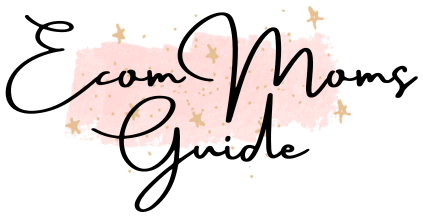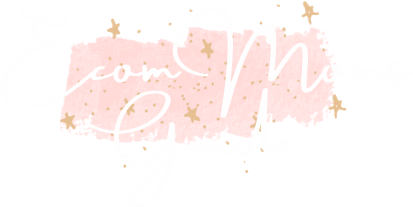Being a wholesale seller means that you engage in the business of selling goods or products to other businesses, typically in larger quantities and at lower per-unit prices compared to retail sales. Wholesale sellers focus on selling to retailers, distributors, or other businesses, rather than selling directly to individual consumers. Here are some key characteristics and aspects of being a wholesale seller:
- Bulk Quantities: Wholesale sellers typically sell products in larger quantities, often in cases or pallets, to businesses that will resell those products to end consumers. These quantities can vary widely based on the type of product and industry.
- Lower Per-Unit Prices: Wholesale prices are lower than retail prices per unit because businesses buy in bulk. This allows retailers to make a profit when they mark up the prices for resale to consumers.
- Business-to-Business (B2B): Wholesale selling is a business-to-business (B2B) model, where the seller interacts with other businesses as customers. Wholesale transactions involve negotiation and may include terms like minimum order quantities and payment terms.
- Variety of Products: Wholesale sellers can deal in a wide variety of products, including consumer goods, electronics, clothing, food products, raw materials, and more. The range of products depends on the seller’s niche or industry.
- Relationship Building: Building and maintaining strong relationships with retailers and other customers is crucial for wholesale sellers. Trust and reliability are key factors in B2B relationships.
- Inventory Management: Wholesale sellers need effective inventory management systems to ensure they have enough stock to fulfill orders while avoiding overstocking or stockouts.
- Pricing Strategy: Wholesale sellers need to set competitive pricing strategies that allow retailers to make a profit while ensuring the wholesaler also earns a profit margin.
- Quality Control: Maintaining consistent product quality is essential for wholesale sellers. Defective or subpar products can damage relationships with customers.
- Shipping and Logistics: Wholesale sellers must manage shipping and logistics efficiently to meet customer demands and timelines.
- Legal and Regulatory Compliance: Wholesale selling involves adhering to legal requirements and regulations related to product safety, labeling, and other industry-specific standards.
- Marketing and Sales: While wholesale selling typically involves personal selling, marketing efforts can include trade shows, industry events, and online marketing to attract potential business customers.
- Payment Terms: Wholesale sellers often offer payment terms to their customers, such as net 30 or net 60, allowing businesses to pay for their orders within a specified timeframe after receiving the products.
In summary, being a wholesale seller involves selling products in bulk to other businesses, focusing on B2B transactions, and operating with an emphasis on building relationships, pricing strategies, and efficient logistics. It’s a fundamental part of the supply chain that connects manufacturers and producers to the retail market.


























Add comment